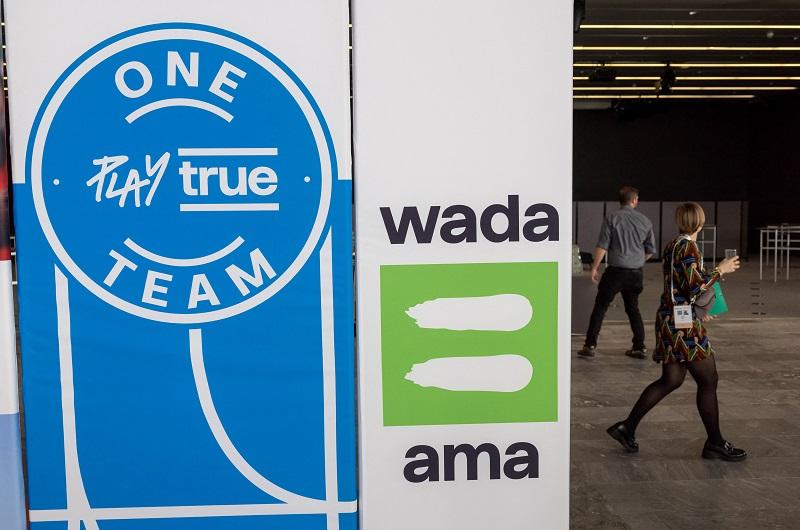WADA remains ‘deeply skeptical” about Russia, anti-doping chief says


By CECILE MANTOVANI, Reuters
LAUSANNE, Switzerland — The head of the World Anti-Doping Agency (WADA) said on Tuesday he remained skeptical and concerned about Russia’s anti-doping practices as some of the country’s athletes prepare to compete as neutrals at this year’s Paris Summer Olympics.
Speaking at the WADA Annual Symposium in Lausanne, WADA president Witold Banka said he had received many questions from concerned athletes regarding the Russians who could be competing in Paris.
“What I can tell you is that they all remain subject to testing,” he said.
Banka explained that the International Testing Agency (ITA) and the various international sports federations were collecting samples from athletes within Russia, as well as those training or competing overseas.
He said that Russian anti-doping agency RUSADA was also conducting the required amount of testing, and that all samples were being transferred to WADA-accredited laboratories outside the country.
“Despite this and given the history, WADA remains deeply skeptical and worried when it comes to Russia,” Banka said.
“We must remain vigilant and leave no stone unturned to ensure that all the proper education and testing has taken place in advance of Paris.”
Russia has for years been embroiled in doping scandals that have forced its athletes to be barred from competing under their flag and national colors.
Although Russia has acknowledged some shortcomings in its anti-doping set up, it denies running a state-sponsored doping scheme.
Russians and Belarusians were banned from competing internationally following Russia’s invasion of Ukraine in 2022, for which Belarus has been used as a staging ground.
The International Olympic Committee (IOC) later issued a set of recommendations for international sports federations to allow competitors from these countries to return.
The neutral Russian and Belarusian athletes will compete without flags, emblems or their countries’ national anthems. Athletes who actively support the war in Ukraine are not eligible, nor are those contracted to the Russian or Belarusian military. — Reuters














